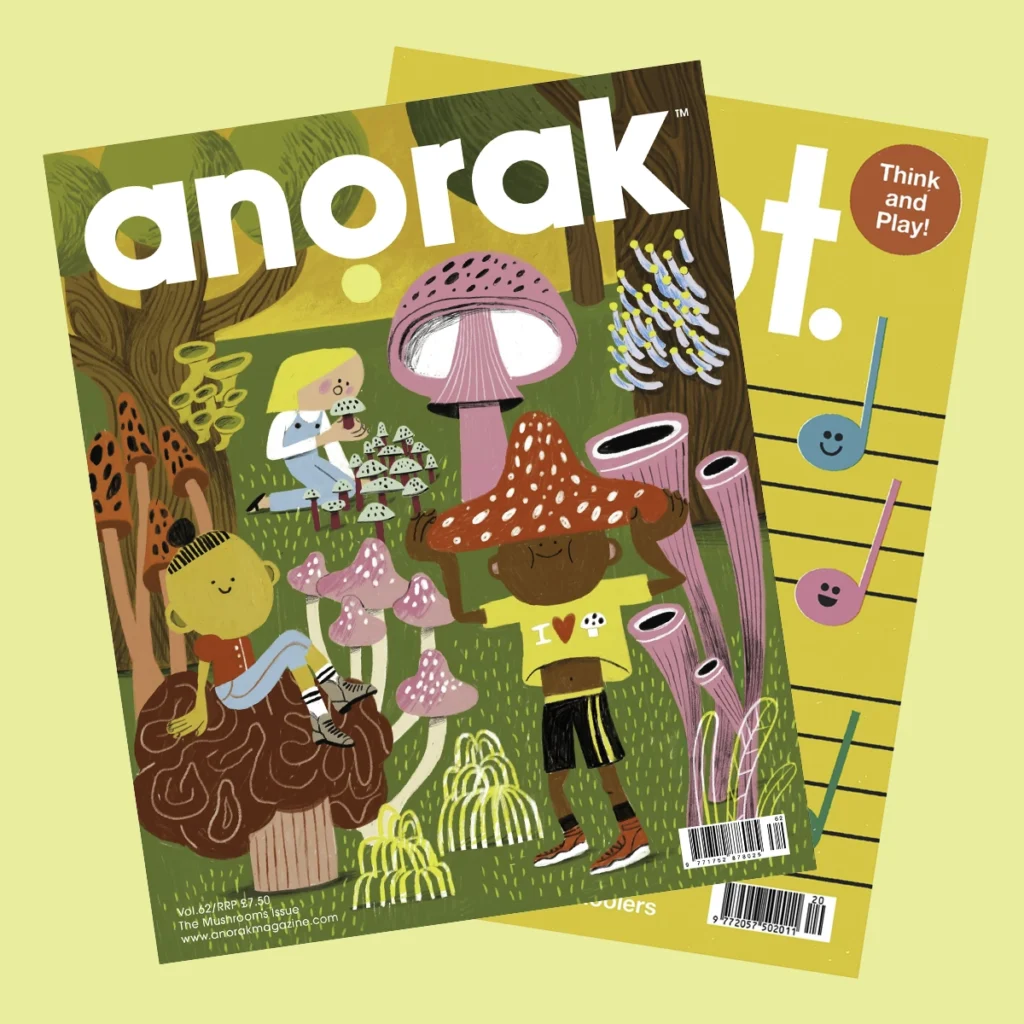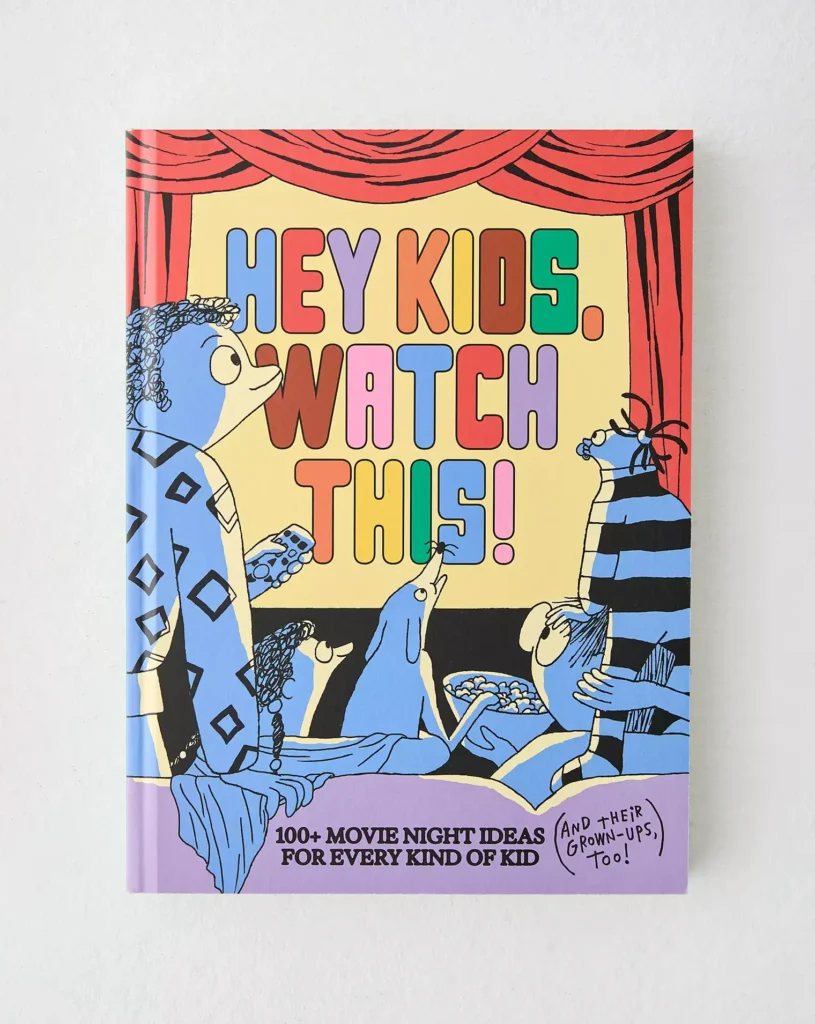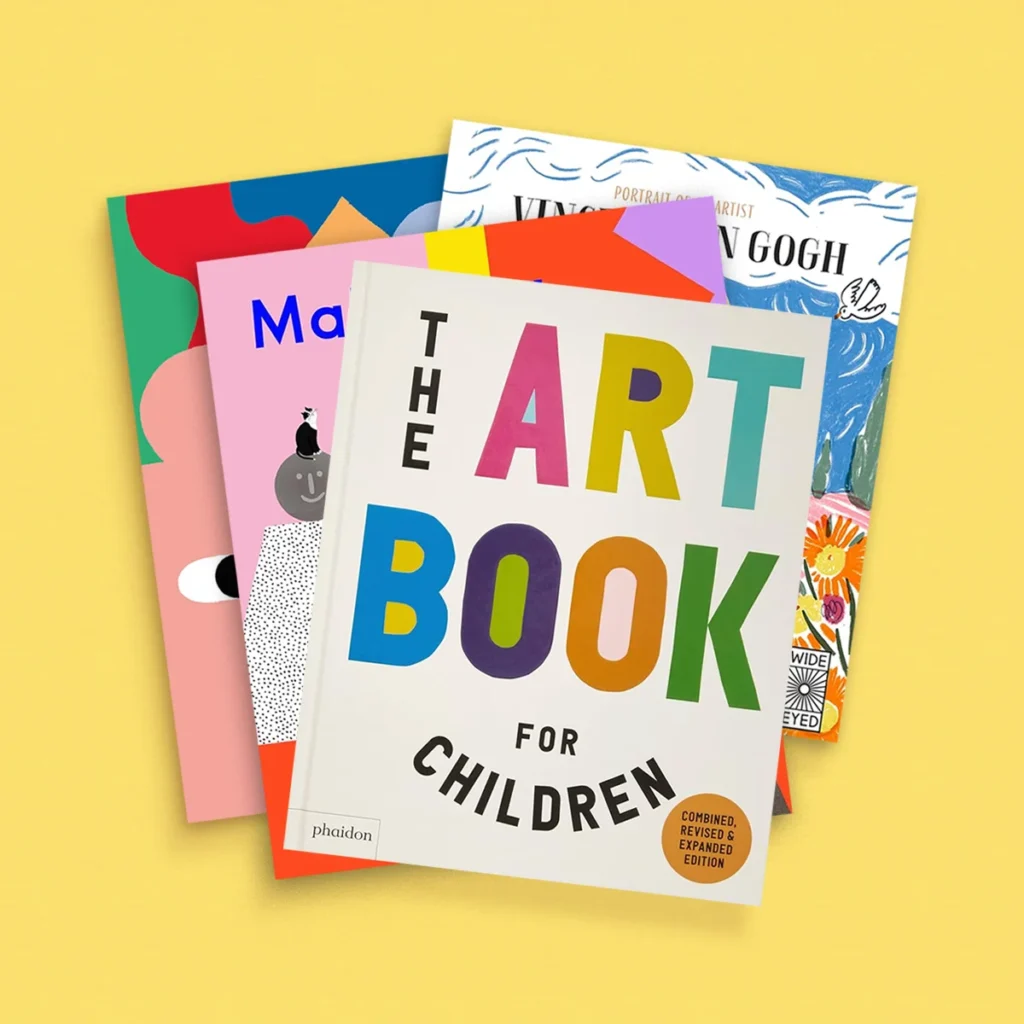In a world filled with constant movement and digital distractions, teaching our children to slow down and be present is more valuable than ever, and in recent years we’ve seen a rise in mindfulness for kids — the practice of paying attention to the present moment with curiosity and kindness, support for emotional resilience, focus, and overall well-being in children mindfulness helps kids of all ages manage big feelings and navigate their world with a sense of calm.
From playful breathing exercises to innovative technology designed to promote relaxation, the latest mindfulness strategies go beyond traditional meditation. Whether it’s an app that turns quiet time into an adventure or sensory toys that gently guide children into a state of calm, these techniques make mindfulness accessible, engaging, and most importantly fun.
So whether you’re teaching mindfulness to a five-year-old or a teenager, we’ve explored some great tools to support your child’s journey towards a calmer mind.
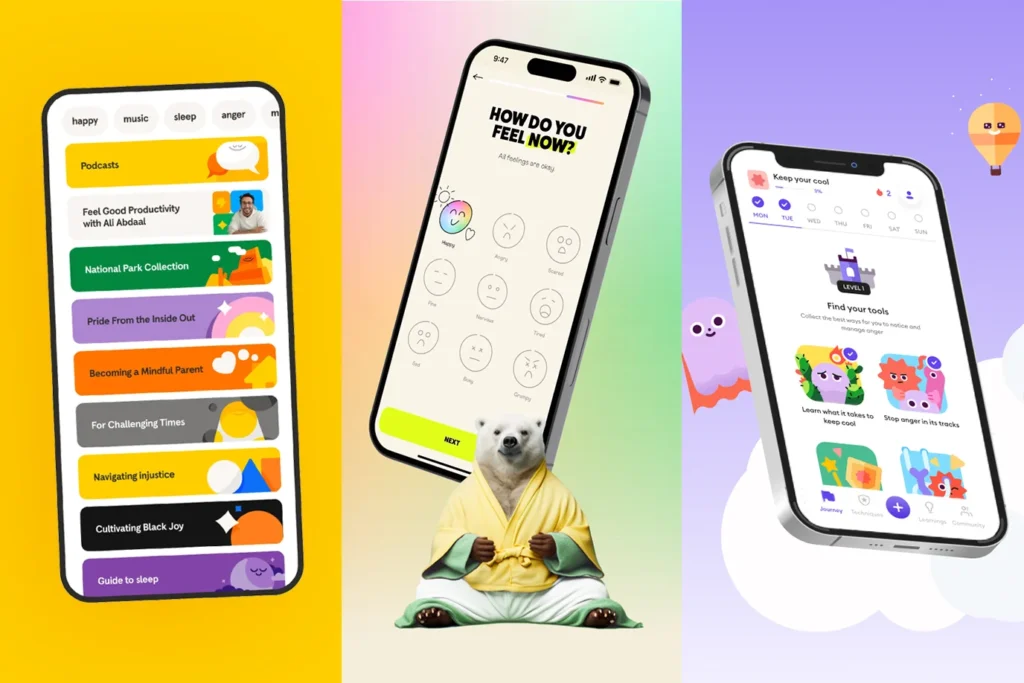
Mindfulness Through Technology
While the latest research shows that too much screen time can adversely affect children, technology can be used positively in moderation to support well-being. Mindfulness apps such as Headspace, Superchill and Ahead make it easy and fun for young kids and teens to feel calmer, more focused, and in control of their emotions.
Superchill a gentle mindfulness app designed for younger children, featuring calming music, stories, and simple breathing exercises to help them relax and manage their emotions. With a vibrant, easy-to-use design, it encourages early mindfulness habits through sensory experiences, offering a soothing space for kids to unwind and recharge.
For tweens and teenagers, Ahead is likely the best fit, focusing on cognitive training and emotional regulation through interactive games. This makes it especially engaging for older kids looking to improve their focus and self-awareness. Headspace is another great option, although well known, there’s so much depth to their offering it’s worth considering if you’ve never signed up. With advanced guided meditations and stress-management tools to help with school pressures, anxiety, and sleep, we often use Headspace Sleepcasts to help our kids sleep — a meditation-meets-story layered over relaxing sounds.
Hidden Strength is a brilliant resource for teens navigating life’s ups and downs. More than just a mindfulness app, it offers a safe, supportive space where young people can access guided meditations, expert advice, and peer support. Designed to help with stress, anxiety, and emotional well-being, Hidden Strength encourages self-care and resilience in a way that feels approachable and reassuring.

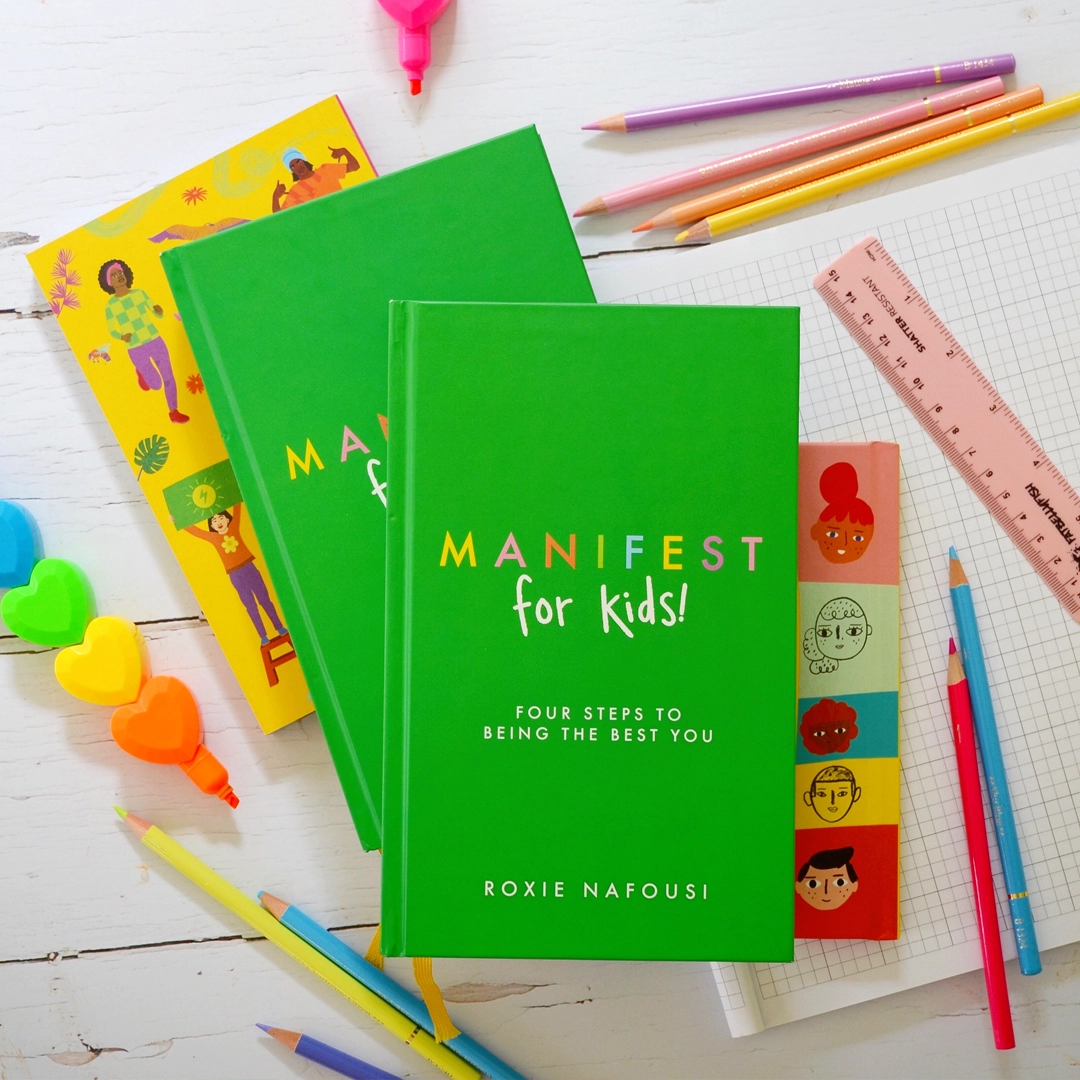
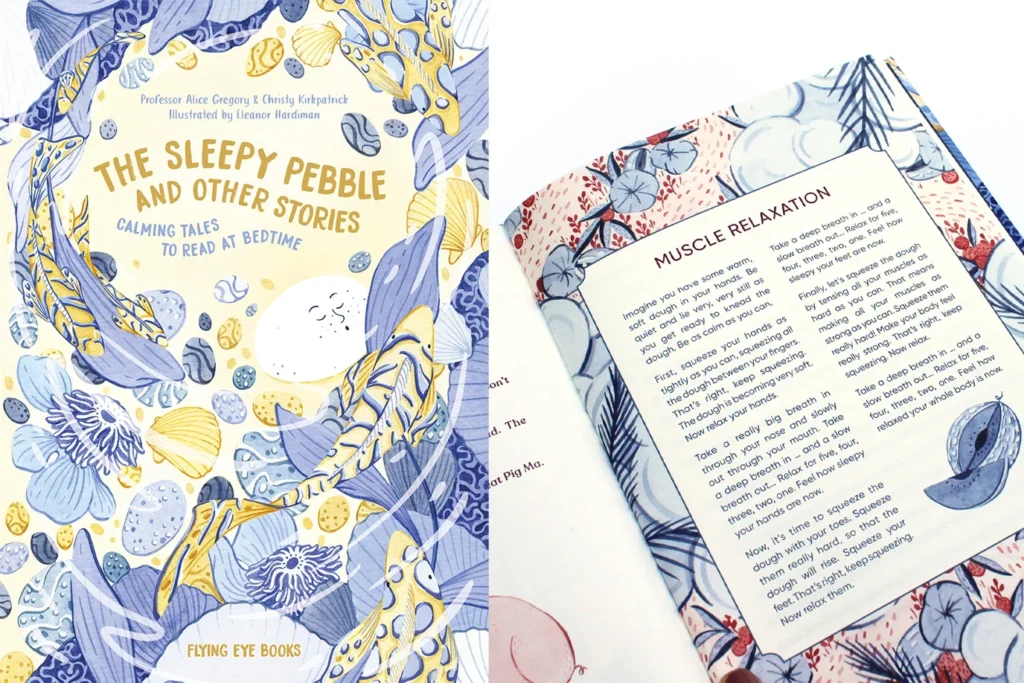
Mindfulness Through Storytelling and Creativity
Sleepy Pebble is a firm favourite in the Creative Parent household. Written by Alice Gregory, a professor of psychiatry specialising in sleep difficulties, and Christy Kirkpatrick, a children’s author, this book features a series of short stories designed to introduce mindfulness and breathing techniques. A gentle, soothing read, with beautiful illustrations, it’s perfect for helping your child, and possibly you, drift off to sleep.
From reading to writing, journaling is a simple yet impactful way for children to boost confidence, grow self-awareness, and manage their emotions. Journals like The HappySelf Journal, Manifest for Kids, and The Five Minute Journal by Intelligent Change offer engaging prompts that inspire positivity, gratitude, and mindfulness. Designed to fit easily into a child’s routine, these journals provide a safe space for reflection while helping young minds build emotional resilience and well-being in a fun and accessible way.
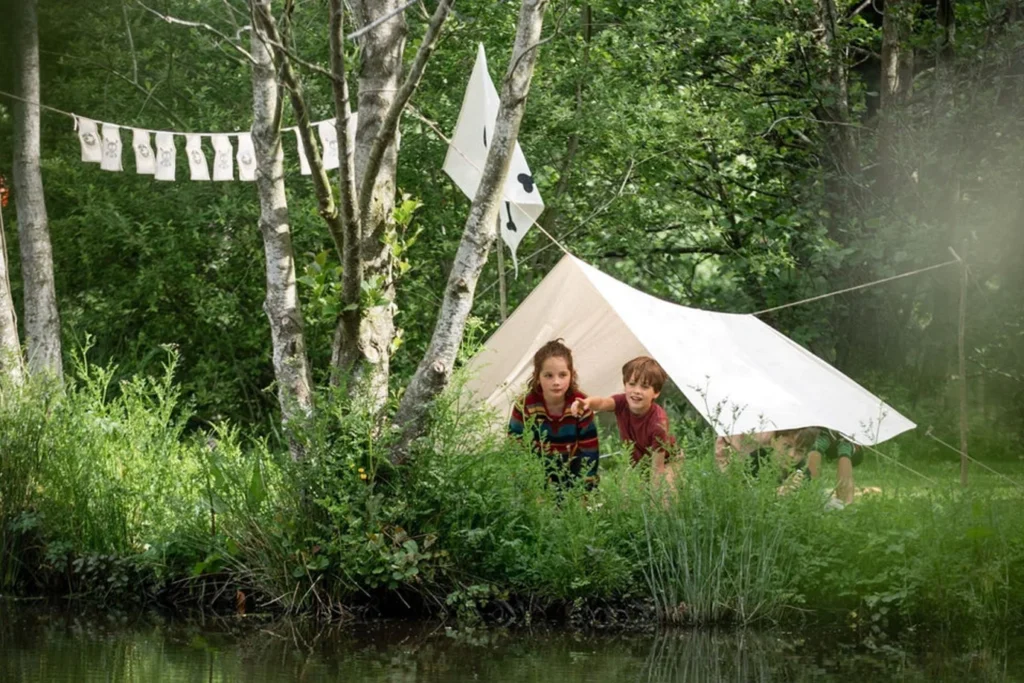
Mindfulness Through Outdoor Pursuits
With warmer days on the horizon, one of the best ways to calm young minds is by spending time outdoors. Many researchers agree that children and teenagers who play outdoors are happier, better at paying attention, and less anxious than those who spend more time inside.
Regarded as one of the most stunning boardwalks in the UK, Hafren Forest has the potential to charm even the most reserved teenagers. The natural environment offers a calming, distraction-free space that encourages young children and teens to engage with their surroundings and focus on the present moment. The walk offers breathtaking views along the River Severn, with the sight of a waterfall sure to leave them in awe.
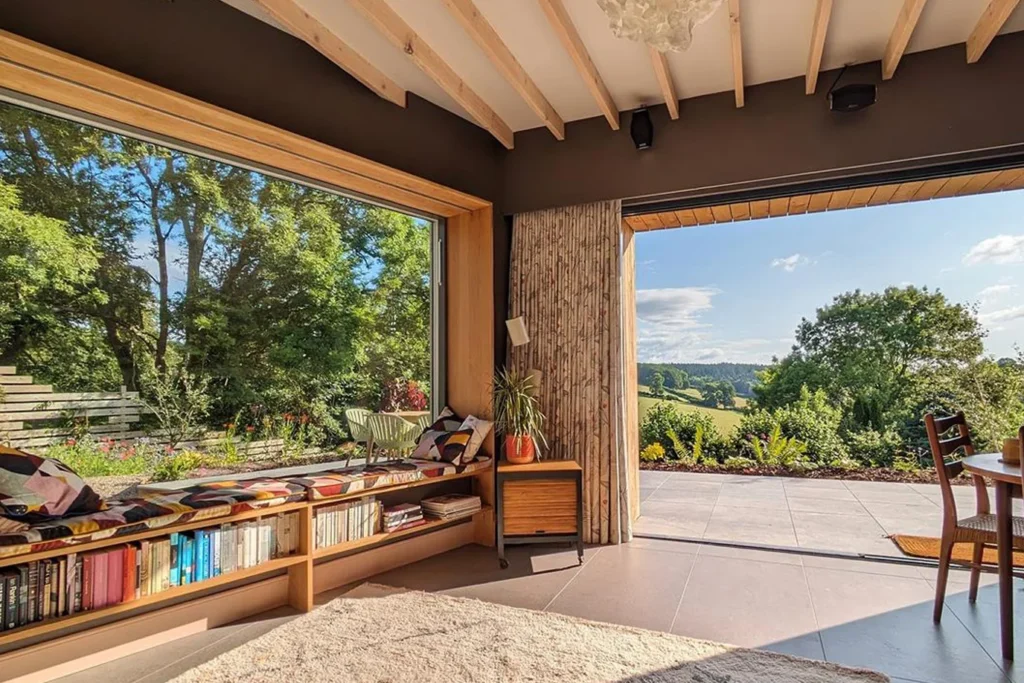
If you’re new to getting outdoors and not quite ready to pitch a tent, rural retreats are a surefire way to recharge after a busy week and help develop a connection to nature. Recently, we spent a long weekend at The Nuthatch, Forest of Dean, to reconnect as a family and be present. Immersed in a hillside, with beautiful views of rolling hills and a garden regularly visited by woodpeckers, it helped us focus on the moment and connect as a family.
Far from an exhaustive list, it’s a beginning, and we’ll follow up this article with part two later this year. We can all practice mindfulness daily, so start them young and watch them grow.

